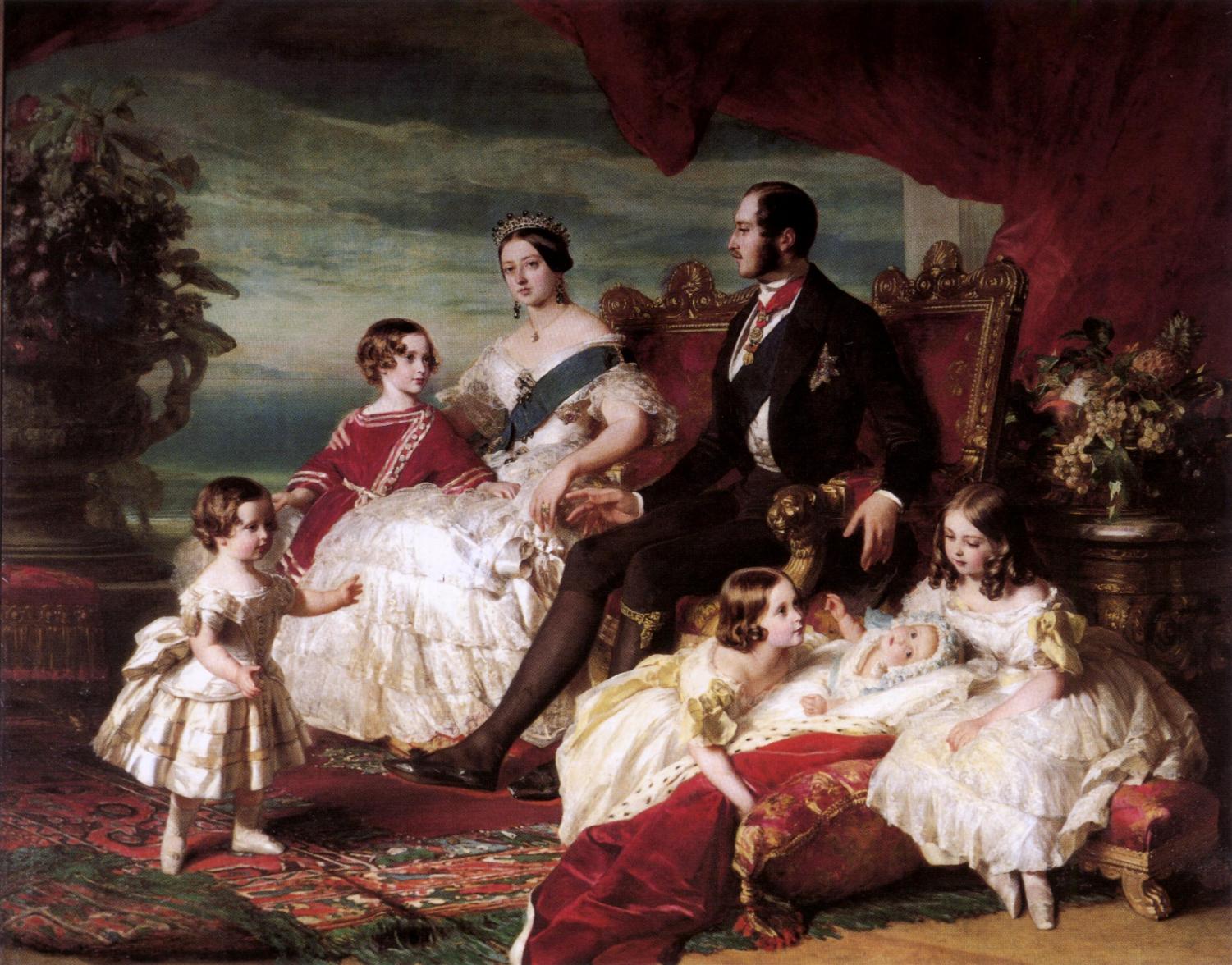An oft-repeated fable about the Victorian period suggests that members of English high society placed tablecloths over intricately carved table legs out of fear they would be considered too sexually evocative. Although this story is a myth, it exemplifies the widely-perceived—and to a certain extent true—notion that Victorians were morally repressive. England’s Victorian era was a period of intense moral consciousness, but it was not always that way.
VICTORIAN MORALITY
It is a common misconception that English society was prudish and tight-laced for most of its history. The Georgian Era, the epoch immediately preceding the Victorian era, was a hotbed of sexual liberation and loose morality. Pornography and erotica could be found throughout London and contraceptives were sold openly. Slavery and child labor comprised the backbone of the British economy and cruelty to animals, felons, children and the mentally ill was commonplace.
When Queen Victoria ascended to the throne in 1837, Britain was changing. Slavery had been abolished four years earlier, and in 1834, an important set of laws had been passed to help the poor survive in industrial society. Queen Victoria herself helped to epitomize family values by marrying at the age of 21 and having 10 children. “In a Mad, Bad, and Dangerous People?,” historian Harold Perkin writes that “between 1780 and 1850 the English ceased to be one of the most aggressive, brutal, rowdy, outspoken, riotous, cruel and bloodthirsty nations in the world and became one of the most inhibited, polite, orderly, tender-minded, prudish and hypocritical.”
We often think of morality as something which exists in a state of entropy—religion, ethics and kindness are all losing their power as time goes on. This is because we look only at specific moments in the past—moments which exemplify the high points of morality. To the contrary, moral standards exist in cycles of repression, reaction, decadence, then back again, beginning with repression.
THE NEW VICTORIANISM
American society is coming off of one of these cycles as we speak. The latter part of the last century was infamous for its sexual liberation and secularization. The proliferation of birth control, social acceptance of abortion and declining rates of religious observance encouraged a fast and loose lifestyle. Hedonists like Hugh Hefner preached a gospel of sexual liberation while comedians like Richard Pryor and George Carlin cracked irreverent and vulgar jokes at the expense of sacred institutions and values.
Within the last year, we have seen a surprising spectacle—a secular backlash to the permissive culture of the last generation. Movements like “Me Too” and “Time’s Up” represent rejections of not just illegal actions, but of morally dubious sexual encounters as well. In 2014, California recently passed a law requiring “affirmative consent” for all sexual encounters, and programs exist nationwide to educate young people that “Yes Means Yes.”
Although sexual responsibility is not the same as the sexual repression of the Victorian Era, these reckonings may be the closest our culture will come to a reaction against the excesses of the last generation.
Of course, this neo-Victorianism goes a lot further than sexuality. The Victorian era was a period of intense censorship, placed by “watchdogs” and government entities hoping to improve the public’s morality. Although much of that period’s censorship was directed at sexually explicit material, the common denominator between Victorian censorship and our own era of political correctness concerns the preservation of taboos.
While most of today’s censorship can be found on social media and on college campuses, we are beginning to see censorship strengthening its hold on traditional media. How many times have we compiled lists of movies and television shows that “couldn’t be made today” due to some insensitivity or unorthodox social opinion? Why do comedians like Jerry Seinfeld and Chris Rock refuse to perform at the bastions of political correctness that are American college campuses? Fewer people today feel free to speak their minds than they did just a generation before.
As with most social trends, this movement contains positive and negative elements. At its best, this neo-Victorianism forces us to take a look at the way we treat others and encourages us to live less selfishly. At its worst it is a judgemental, puritanical set of principles that breeds confusion, hypocrisy and mental tyranny. To a large extent, we can answer this question as a society.
If we have wisely acknowledged that racism, promiscuity and irreverence are wrong, we can also decide that prudishness, thought-policing and censorship are wrong as well. We can strike the middle way between rigid moralizing and loose libertinism, aware that the pendulum will someday swing the other way.







